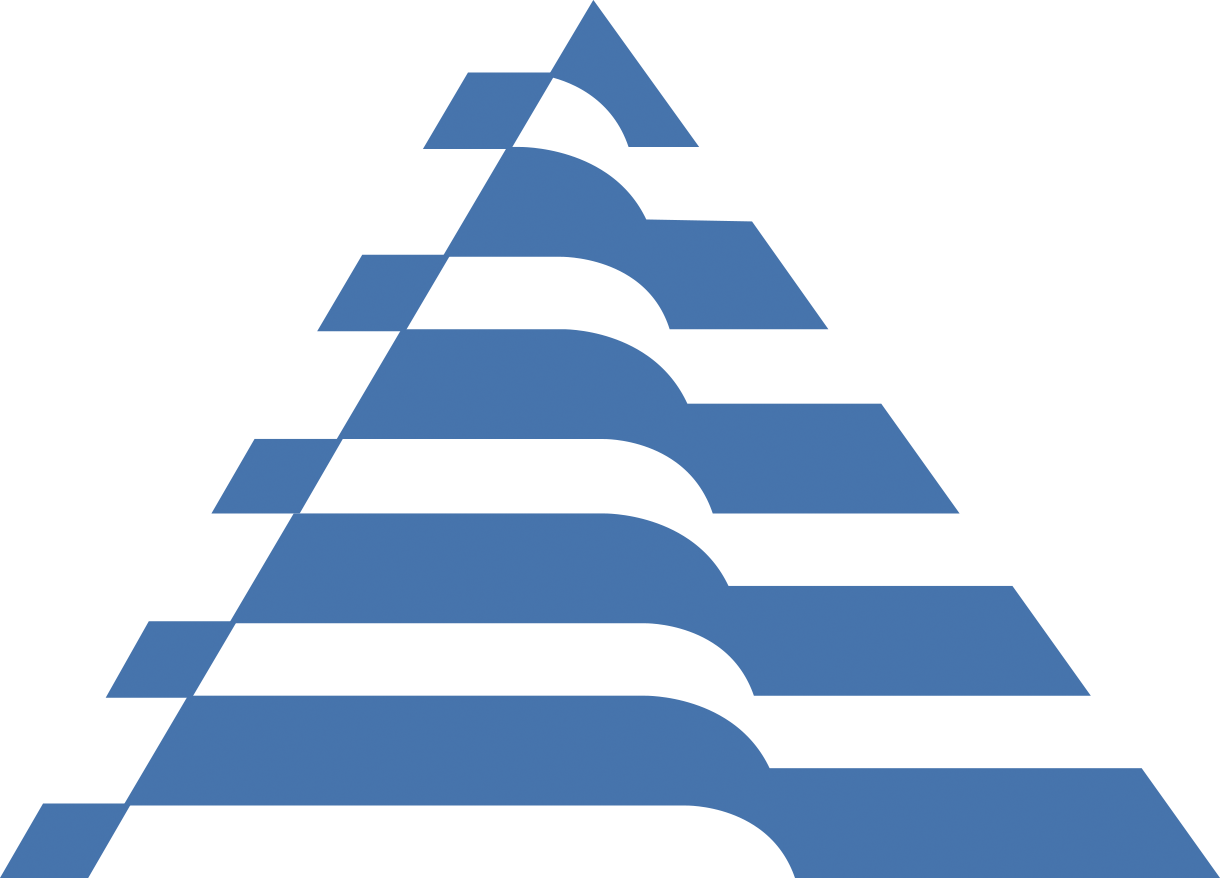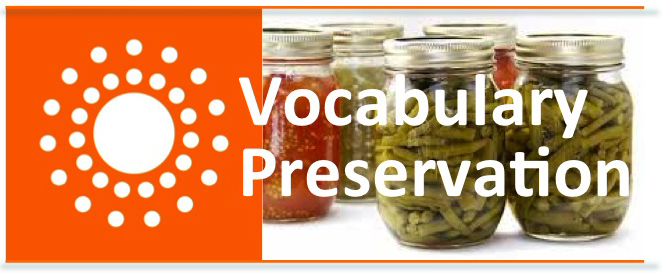Long-term Preservation and Governance of RDF Vocabularies
Session sponsored by W3C
Convenors:
Phil Archer, World Wide Web Consortium
Thomas Baker, Dublin Core Metadata Initiative
Ivan Herman, World Wide Web Consortium
Pierre-Yves Vandenbussche, Fujitsu
Bernard Vatant, Mondeca
Day/Time: Tuesday, 11:30-16:00
The usability of Linked Data relies on the ability to interpret what the data means, which depends on the availability of the RDF vocabularies used in the data. RDF vocabularies are created by a wide range of people and institutions, from individual researchers to national libraries and for-profit corporations, for a wide range of descriptive requirements. The oldest RDF vocabularies in existence are just fifteen years old. It is time to look systematically at how ownership and responsibility for today's vocabularies will pass to the next generation.
This session focuses on issues related to the usability of RDF vocabularies in the long term (as defined in "decades"). Issues include continued access to documentation, inheritance of ownership and maintenance responsibility, and the continued resolvability of domain names. What role might memory institutions play in the long-term preservation of vocabularies?
A discussion paper has been prepared as a starting point for this session [1], and readers are welcome to post comments or suggestions on the DC-VOCABULARY mailing list ([2]), sign up at [3].
For the purposes of this session, "RDF vocabularies" refers primarily to sets of RDF properties and classes (sometimes called "metadata element sets") and secondarily to ontologies (property-and-class vocabularies with precise formal constraints) and controlled vocabularies of concepts (such as SKOS concept schemes). Controlled lists of instances (authorities or named entities), such as cities or people, are arguably also within scope, as are Application Profiles, which describe how existing RDF vocabularies are combined and constrained for particular applications and communities. Best practices for declaring RDF vocabularies—principles such as the use of URIs, semantic stability, and the need for explicit change policies and open access provisions (e.g., as enumerated in the DCMI «Generic Namespace Policy» [4]) — are beyond the scope of this session.
Agenda:
- « Introduction »
- Lightning talks
- « DCMI perspective » (Tom Baker, DCMI)
- « W3C perspective » (Ivan Herman, W3C)
- « PURL.org » (Richard Wallis, OCLC)
- « Linked Open Vocabularies » (Bernard Vatant, Mondeca)
- « European Publications Office: Metadata Registry » (Michael Düro, OPOCE)
- « LOCKSS » (David Rosenthal, LOCKSS)
- Discussion:
- « Morning Minutes »
- « Afternoon Minutes »
The session is targeted at stakeholders in the ecosystem of RDF vocabularies: to the maintainers of RDF vocabularies, to providers of data who depend on those vocabularies, and to memory institutions which, it is hoped, will take measures to ensure the long-term preservation of RDF vocabularies.
This session advances the DCMI Work Theme: «Sustainable Vocabularies».
[1] http://wiki.dublincore.org/index.php/Vocabulary_Preservation_discussion_paper
[2] https://www.jiscmail.ac.uk/cgi-bin/webadmin?A0=DC-VOCABULARY
[3] https://www.jiscmail.ac.uk/cgi-bin/webadmin?SUBED1=DC-VOCABULARY&A=1
[4] http://dublincore.org/documents/dcmi-namespace-generic
![]() DCMI's work is supported, promoted and improved by « Member organizations » around the world:
DCMI's work is supported, promoted and improved by « Member organizations » around the world:
 |  |  |
 |  |  |
 |  |  |
 |  |  |
 |
![]() DCMI's annual meeting and conference addresses models, technologies and applications of metadata
DCMI's annual meeting and conference addresses models, technologies and applications of metadata




